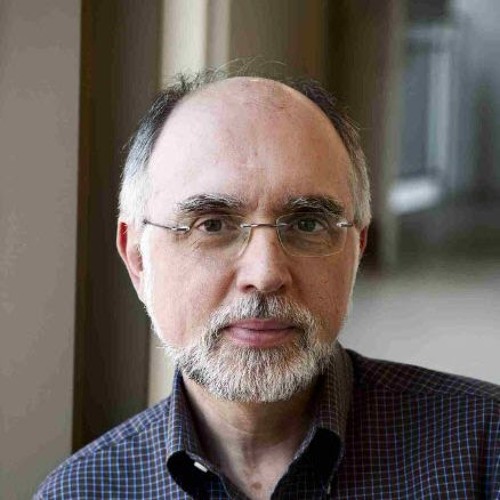From Perception to Pleasure: The Neuroscience of Music and why we Love it. Robert J. Zatorre (McGill University, Montreal, Quebec, CA)
ONLINE-VORTRAG
In der Reihe MUSIK & MEDIZIN
In this lecture I will present findings from cognitive neuroscience that bear on the question of how we get from perception of sound patterns to pleasurable responses. I will first discuss evidence that corticocortical loops from and to the auditory cortex are responsible not only for perceptual processes but also for working memory, sensory-motor, and predictive functions that are essential to produce and perceive music. Then, I will discuss neuroimaging and brain modulation studies from our lab focusing on the dopaminergic reward system, its involvement in musical pleasure, and what happens when that system is disrupted. I propose that pleasure in music arises from interactions between cortical loops that enable expectancies to emerge from perceived sound patterns, and subcortical systems responsible for reward and valuation. This model integrates knowledge derived from basic neuroscience of reward mechanisms with independently derived concepts, such as tension and anticipation, from music theory.
Prof. Robert J. Zatorre, Ph.D., was born and raised in Buenos Aires, Argentina. He studied music and psychology at Boston University, and obtained his PhD at Brown University, followed by postdoctoral work with Brenda Milner at the Montreal Neurological Institute of McGill University, where he currently holds a Canada Research Chair in Auditory Cognitive Neuroscience. His laboratory studies the neural substrates of two characteristically human abilities: speech and music. Together with his many students and collaborators he has published over 300 scientific papers on topics including pitch perception, auditory imagery, music production, and brain plasticity. He is perhaps best known for discovering how the brain’s reward system results in musical pleasure. In 2006 he co-founded the international laboratory for Brain, Music, and Sound research (BRAMS), a unique multiuniversity consortium dedicated to the cognitive neuroscience of music. His work has been recognized by numerous international prizes: including the neuronal plasticity prize from the IPSEN foundation, the Knowles prize in hearing research (Northwestern U), the deCarvalho-Heineken prize in cognitive science (Amsterdam), and the Grand Prix Scientifique from the Institute for Hearing in Paris. He tries to keep up his baroque repertoire on the organ whenever he gets a chance.
Die Salzburger Vortragsreihe „MUSIK & MEDIZIN“ präsentiert wissenschaftliche und künstlerische Beiträge führender internationaler Expert*innen verschiedener Disziplinen, um die Wechselwirkungen und Mechanismen zwischen Erfahrung, Verarbeitung und psychophysiologischen Auswirkungen von Musik auf den Menschen zu untersuchen und gleichzeitig zu verstehen, wie Musik Gesundheit und Wohlbefinden fördern kann.
Die Vorträge in dieser Reihe sind auch Teil einer disziplinübergreifenden Lehrveranstaltung, in der jeweils Themen aus dem Forschungsumfeld der eingeladenen Vortragenden diskutiert werden.
Konzeption und Organisation
Katarzyna Grebosz-Haring (Systematische Musikwissenschafterin | PB (Inter)Mediation, Interuniversitäre Einrichtung Wissenschaft und Kunst | Universität Mozarteum Salzburg / Universität Salzburg).
In Zusammenarbeit mit Günther Bernatzky (Biologe | Fachbereich Biowissenschaften, Ökologie und Evolution, Universität Salzburg) und Leonhard Thun-Hohenstein (Kinder- und Jugendpsychiater | Paracelsus Medizinische Privatuniversität Salzburg)






